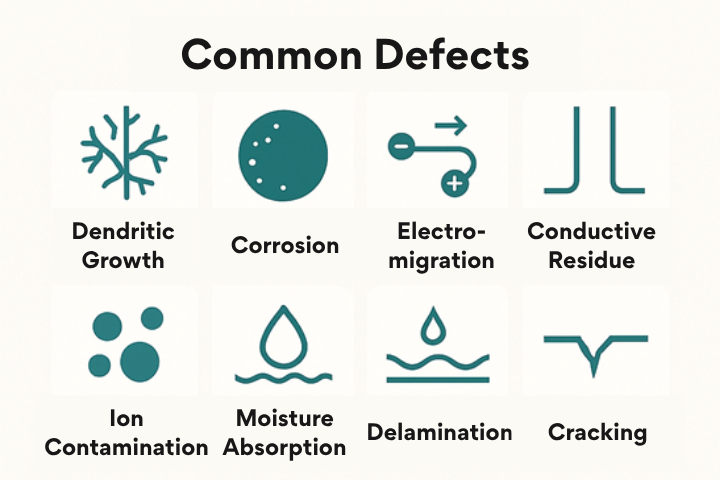The introduction of RoHS and the declining use of Pb-containing alloys have left fewer options for high-temperature soldering applications. This can make choosing an alloy for step soldering more challenging. Of course, 80%Au 20%Sn, with a melting temperature of 280°C, will always be an option for high-temperature Pb-free solders; however, the price of gold tends to turn some people away. Other common options to choose from include tin-antimony alloys like 90Sn10Sb (257°C), 91.5Sn8.5Sb (248°C), and 95Sn5Sb (240°C). Researchers have been exploring other high-temperature Pb-free solder alloys and have opened the doors to new possibilities.
One possibility that has been developed by metallurgists at Indium Corporation is the BiAgX solder alloy – designed specifically for die-attach applications. Although there are many more options for high-temperature Pb-free solder alloys than there have been previously, finding the right alloy for all applications can be still be limited. Luckily, RoHS has recognized this dilemma and has created a high-Pb alloy exemption for some applications. This exemption allows solders that have equal to, or greater than, 85% Pb to be used in some applications. Greater than 85% Pb, not less than 85% Pb? This is because alloys containing greater than 85% Pb have uniquely high melting temperatures that are difficult to find in other Pb-free alternatives. The electronics industry is grateful for this RoHS exemption.
If you want to learn more about all of our options for high temperature Pb-free solder alloys, contact me or any of our technical support engineers. We are eager to help you find the best soldering alloy for your application.



